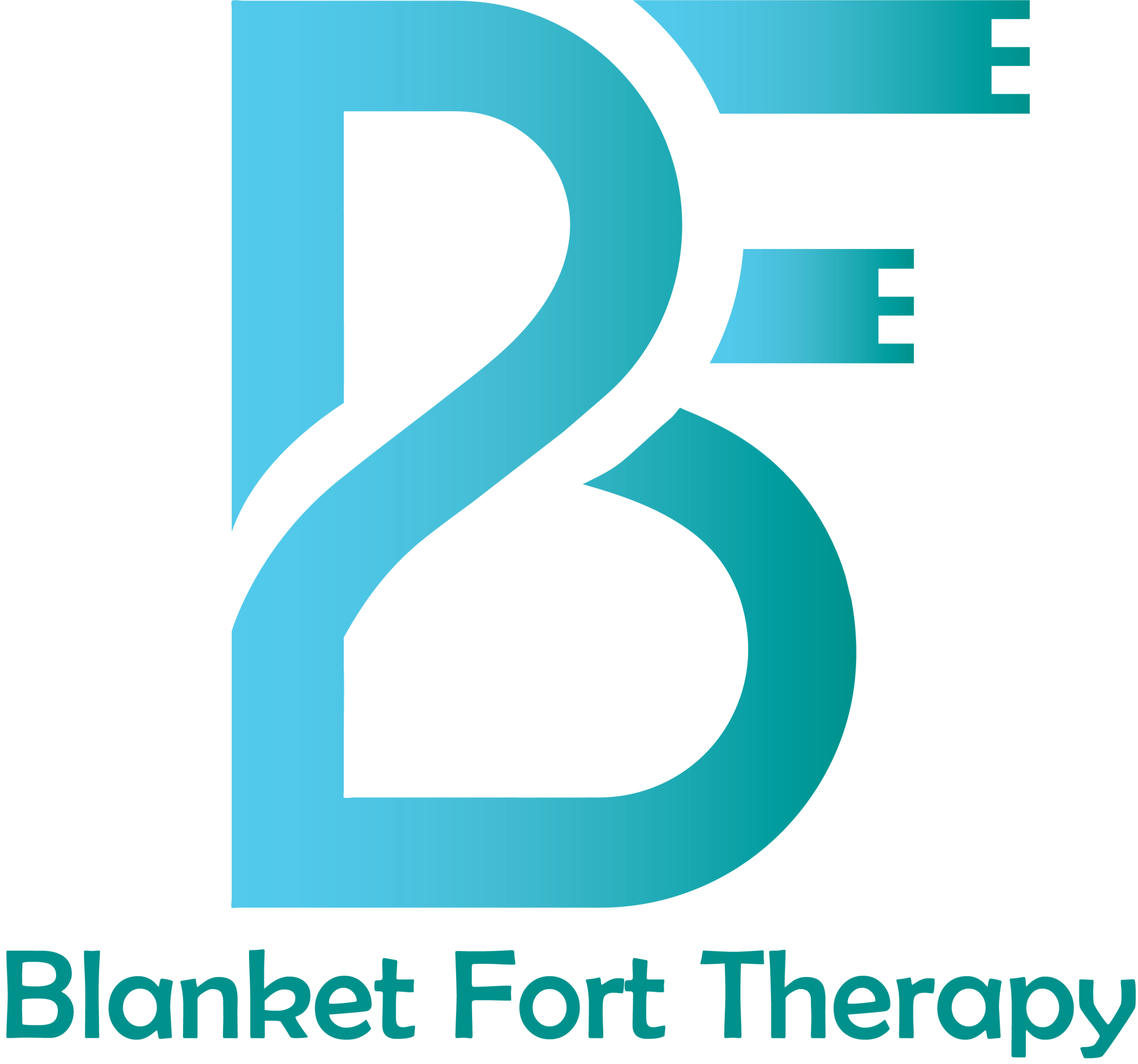Can I afford therapy?
Blanket Fort Therapy is in-network with some insurances. You can also check with your insurance company about out- of-network benefits. For those without insurance Blanket Fort Therapy does have a sliding fee scale based on income.
Is what I share in therapy kept private?
What you share stays between you and your therapist. Confidentiality is one of the most important components of therapy. There may be times that you want your therapist to share information with others (your doctor, lawyer, family member). By law, I need your written consent to share that information.
Also by law there are exceptions to confidentiality. These are 1. in cases of child, elder, or disabled person abuse or neglect. 2. You are at serious risk to harm yourself or someone else. 3. If your therapist is subpoenaed to testify in court. Other than these three exceptions you must give written permission for your information to be disclosed.
What is the therapy process like?
The therapy process is different for each person. However, in general, the first two sessions are focused on gathering background information and discussing your goals and hopes for therapy. Most clients come to therapy weekly, but some come every other week or once a month. Most adult therapy sessions last approximately 50 minutes. With young children the session can last from 30-50 minutes. You are the expert on your own life, so you are in charge of your therapy session. I am there to support and offer insight as well as teach new skills that can help you attain your goals.
Who can benefit from therapy?
Both children and adults, families, and couples can benefit from therapy. Whether dealing with a life transition or feeling overwhelmed by life's circumstances, having a non-judgmental person to provide feedback can just be nice. Sometimes mental health diagnoses such as anxiety, depression, PTSD, ADHD, Bipolar, Oppositional Defiant Disorder, or attachment issues can cause difficulty. Therapy can help the client learn new skills, feel supported, and gain confidence in managing their diagnosis.
Families can begin to experience conflict due to grief, divorce, change in ages, or life transitions. Family therapy can assist your family in finding its footing and becoming the warm, supportive environment you long for. Couples also face challenges that can be helped through therapy. Communication problems, intimacy issues, infidelity, and life transitions can all stress a relationship. Therapy can help a couple re-focus and plan a course for their future.
What about medication?
Study after study has show that medication alone is not the solution for mental health issues. Medication combined with therapy can be powerful. Blanket Fort Therapy and Kari Miller, LCMFT has good working relationships with several area physicians if you should need a referral for medication.
Where is your office located?
Blanket Fort Therapy is housed within Calvary Methodist Church. The office is located on the second floor, up the stairs from the parking lot off Jackson Ave. If going up a flight of stairs is not possible, please discuss this with Kari. Alternative therapy locations or modalities are possible.



